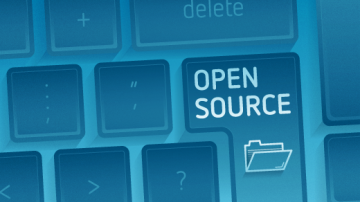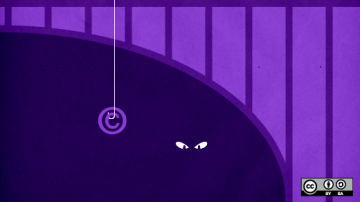
Pam is a Board Member of the Open Source Initiative and the principal of Chestek Legal in Raleigh, North Carolina. She works with creative communities, giving practical legal advice on branding, marketing, and protecting and sharing content. Pam has authored several scholarly articles, has a legal blog at Property, Intangible, and was formerly an adjunct professor at Western New England College School of Law.







Authored Comments
Richard, I believe your article should be corrected. You have misrepresented the CAL license. It is not a "new open source-like license that restricts APIs." The CAL license has exactly the same copyleft scope as a number of licenses currently in use, some predating AGPLv3, that define the scope of the copyleft as as the scope of copyright. CAL was not groundbreaking in this regard, and had the OSI rejected it for that reason then OSI would have been challenged for having a license review process that was subjective rather than objective. As you noted, the original draft was written specifically to capture APIs, but this was an aspect that the OSI questioned when it rejected the first version and, as you note, this aspect does not appear in the second version, indicating that the OSI would have rejected a license that extended copyleft beyond the scope of copyright.
Referring to it now as "open source-like" is also disingenuous. You fail to mention in your article that you voted to approve the CAL license as an OSI-approved license. You said on February 6, 2020 "Having reviewed the latest draft, 'Pass' from me. I have lingering concerns over this license, and the potential for abuse by Holochain or other unknown licensors, based partly on the earlier drafting history, some of Van's earlier comments on those drafts, and general suspicion of new copyleft licenses advanced specifically by narrow commercial interests. However I don't think those concerns are sufficiently grounded in the current license text such that I would recommend rejection or more protracted discussion. If this license is approved, I would not recommend that anyone use it. But on its face, the license, including the core interesting User Data requirement feature, seem to me consistent with the spirit of the OSD and software freedom."
Do you have links to the two opinions?